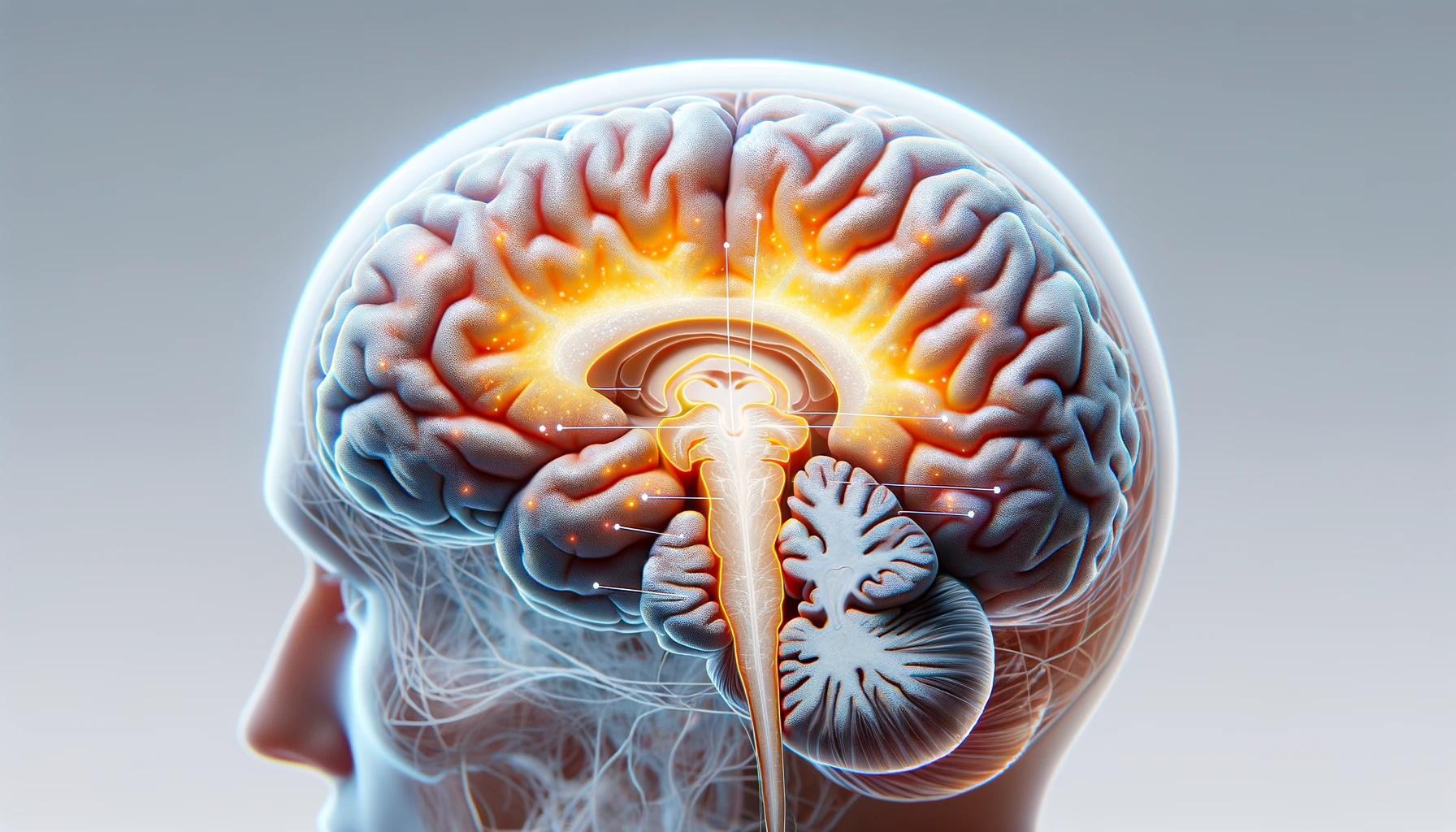Long-term ayahuasca use is associated with preserved global cognitive function and improved memory: a cross-sectional study with ritual users
Authors:
Arilton Martins Fonseca, Rafael Guimarães dos Santos, Lívia Soman de Medeiros, Thiago André Moura Veiga, Fernando Cassas, Carla Poleselli Bruniera, Giordano Novak Rossi, José Carlos Bouso, Jaime E. Cecílio Hallak, Fabiana Pereira Santos, Beatriz Aparecida Passos Bismara Paranhos, Mauricio Yonamine, and Eliana Rodrigues
Journal:
European Archives of Psychiatry and Clinical Neuroscience
Year:
2024
About the study
This study investigates the cognitive effects of long-term ayahuasca use among members of the Santo Daime church in Brazil, focusing on experienced users (over 20 years of use) and comparing them to beginner users (less than 3 years of use) and a control group of non-users. Participants underwent various cognitive assessments, including tests for intelligence, working memory, visual perception, and executive functions. The goal was to determine whether prolonged ritualistic use of ayahuasca has any negative or positive impact on cognitive function.
Abstract
Although several studies have been conducted to elucidate the relationship between psychedelic consumption and cognition, few have focused on understanding the long-term use influence of these substances on these variables, especially in ritualistic contexts. To verify the influence of ritualistic ayahuasca consumption on the cognition of experienced ayahuasca religious users (> 20 years) and beginners (< 3 years), which participated in rituals of the Centro Luz Divina (CLD), a Santo Daime church in Brazil. Observational, descriptive, and cross-sectional study was carried out in which 48 people participated divided into three groups: (a) experienced ayahuasca users (n = 16), (b) beginner ayahuasca users (n = 16) and (c) control group (n = 16). All groups were matched by sex, age, and education and contained 8 women and 8 men. Cognition was assessed with the WASI (intelligence quotient), Digit Span (verbal working memory), Corsi Block-Tapping Task (visuospatial-related and working memory), Rey–Osterrieth Complex Figure test (visual perception, immediate memory), and Wisconsin Card Sorting and Five Digit Test (executive functions). Groups were homogenous in terms of sociodemographic characteristics, with participants presenting average intellectual performance. There was no evidence of cognitive decline amongst ayahuasca users. The experienced group showed higher scores compared to the less experienced group in the Digit Span and Corsi Block-Tapping tasks, which assess working verbal and visuospatial memories respectively. We confirmed the botanical identities of Psychotria viridis and Banisteriopsis caapi and the presence of the alkaloids both in the plants and in the brew. Short and long-term ayahuasca consumption does not seem to alter human cognition, while long-term use seems to be associated with improvements in aspects of working memory when compared with short-term use.
Image generated by OpenAI’s DALL-E, prompted by ICEERS.
Categories:
Studies & papers
, Ayahuasca
Tags:
psychedelics
, hallucinogens
, cognition
, brain
, ayahuasca
, Santo Daime
, scientific research
, study

